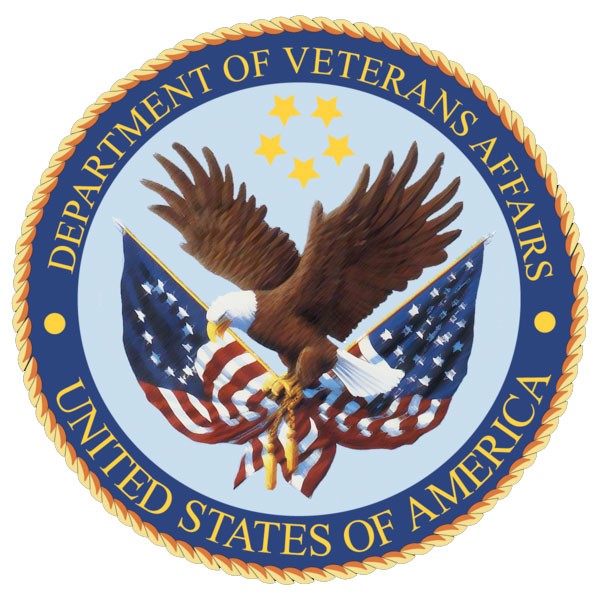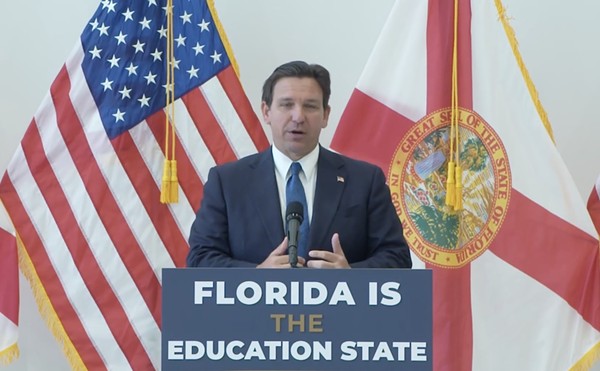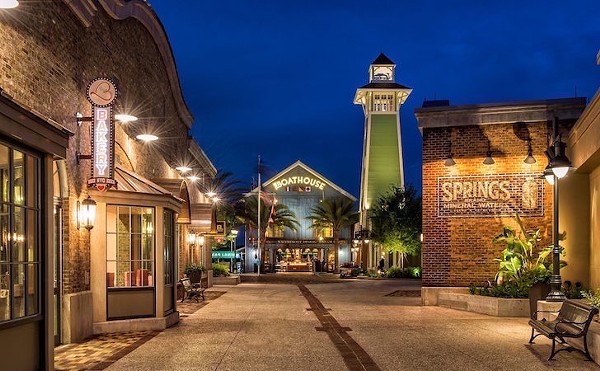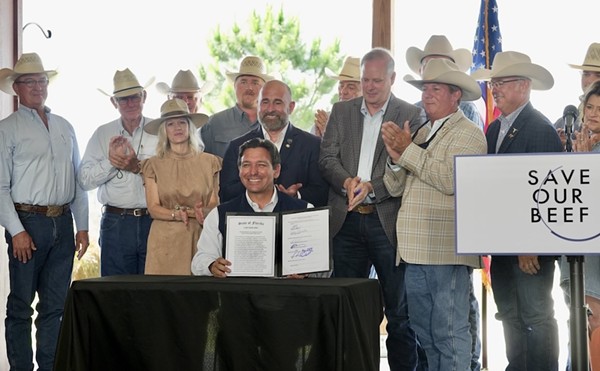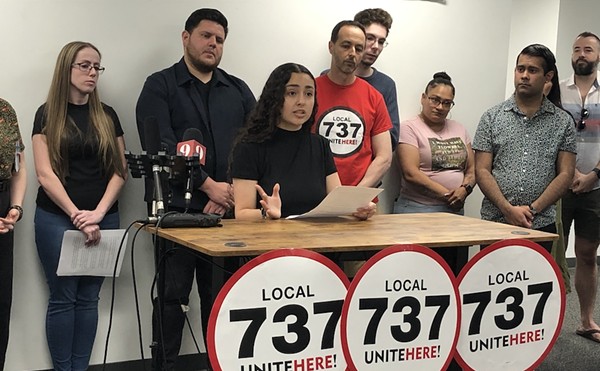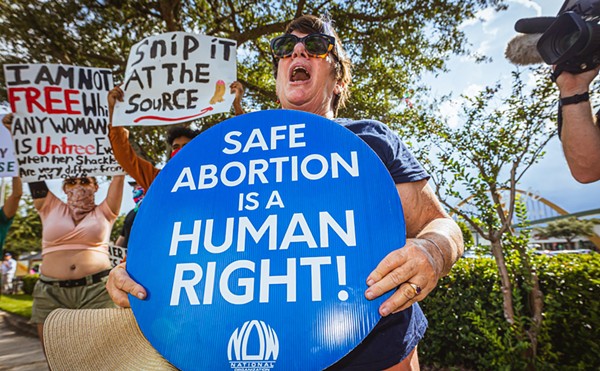On Oct. 19, Channel 13 News ran a story announcing a new court program for veterans.
“Plans are falling into place to create a veterans treatment court in Orange and Osceola counties where veterans could get help instead of jail time,” the story reported, adding that if all goes well, the new court, which could divert veterans who tangle with the law to a specialty court focusing on treatment for mental health and substance abuse issues rather than jail, could be up and running by January.
Just weeks later, however, representatives from the Orlando Veterans Affairs Medical Center, which would like to see such a court established in the region, say the announcement may have been premature. Although the VA has floated the idea of bringing a veterans court to Orange County, there won’t be any cases going before a veterans court in January. In fact, there’s disagreement over whether the region can afford another specialty court – or whether it even needs one.
According to Sherri Claudio, veteran’s justice outreach coordinator for the Orlando VA Medical Center, the stakeholders who would be responsible for making the court function – the State’s Attorney’s Office, the Public Defender’s Office, the VA and the court system – must all buy into the plan before it can be realized. She says that earlier this year, a team from Orange County was selected to attend training in Buffalo, N.Y., where a popular and successful veterans treatment court has operated since 2008, to learn how these courts work. “It was a big deal that we were selected to attend,” she says, since only 10 courts from across the nation were invited. Attendees, including 9th District Court Judge Robert LeBlanc, were able to see a treatment court in action.
Claudio says treatment court functions more like a supportive program and less like a punitive one. Veterans who break the law and meet certain criteria could be identified after arrest and arraignment in traditional court. With the blessing of prosecutors and public defenders, they could be given an application to voluntarily participate in treatment court, where their particular issues – mental illnesses such as PTSD, substance abuse – could be identified and addressed. They could agree to treatment rather than jail and be assigned veteran mentors to assist them. They would re-appear in court periodically to monitor their progress.
Presently, there are 43 such veterans treatment courts operating around the country; at the moment, though, there are no fully operational ones in Florida, which is home to approximately 1.7 million veterans, according to the U.S. Census. The court could be especially beneficial in Orange County, says Claudio, where 1,400 veterans were arrested and jailed during 2009.
Claudio says the training participants, including Judge LeBlanc, returned to Orlando enthusiastic about the idea of creating a veterans court here, but not all stakeholders are sure it’s such a good idea.
Orange County Public Defender Bob Wesley – whose support would be critical for veterans court to succeed – says there simply isn’t any money to fund such a court. But more importantly, he says, the court system is designed to do legal work, not social work.
“Even if I was able to send staff,” he says, “I’m not sure my bright, eager, aggressive lawyer, no matter how committed she is to veterans issues, could solve somebody’s drug, alcohol, mobility, brain injury issues or whatever else they might have.”
He says his office is “all for things for veterans” and supports the notion of creating mentor programs and connecting veterans with problems to treatment resources, but he objects to the notion that courts are the best place to do that.
“There is a history of success for veterans court,” he says, “but there’s also a history of success with therapy and substance- abuse treatment.”
But supporters of the treatment court say the idea needn’t be abandoned just yet: “While there is a complete lack of funding for an additional court in Orlando,” Judge LeBlanc writes in an e-mail response to questions about veterans treatment court, “there is cooperation among the parties in theory.”
He says a “volunteer experimental court” is being considered, but even that needs approval from the state’s attorney and public defender to be put into action.
“The VA, on the other hand, is eager and willing to provide all volunteer assistance they can,” he says. “I suspect with their help, it will get off the ground.”
But Claudio says the VA can’t just make it happen – the courts and the legal community need to make that call.
“The VA can’t just say ‘We have to have a veterans treatment court.’” she says. “It has to come from district court. But we support it 100 percent.”
What about the veterans themselves? Local veteran’s activist Robert Lynn says he thinks veterans court is “an outstanding idea.” But Lynn, a Vietnam vet who ran for Orange County school board this fall, thinks the VA should take the initiative – and put forth the money – to make the court happen. “What the federal government wants is the public defenders and the courts fronting the money instead of the VA fronting the money,” he says. “What this needs is an infusion of cash from the VA.”

